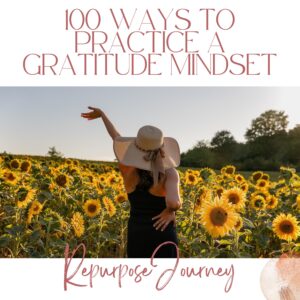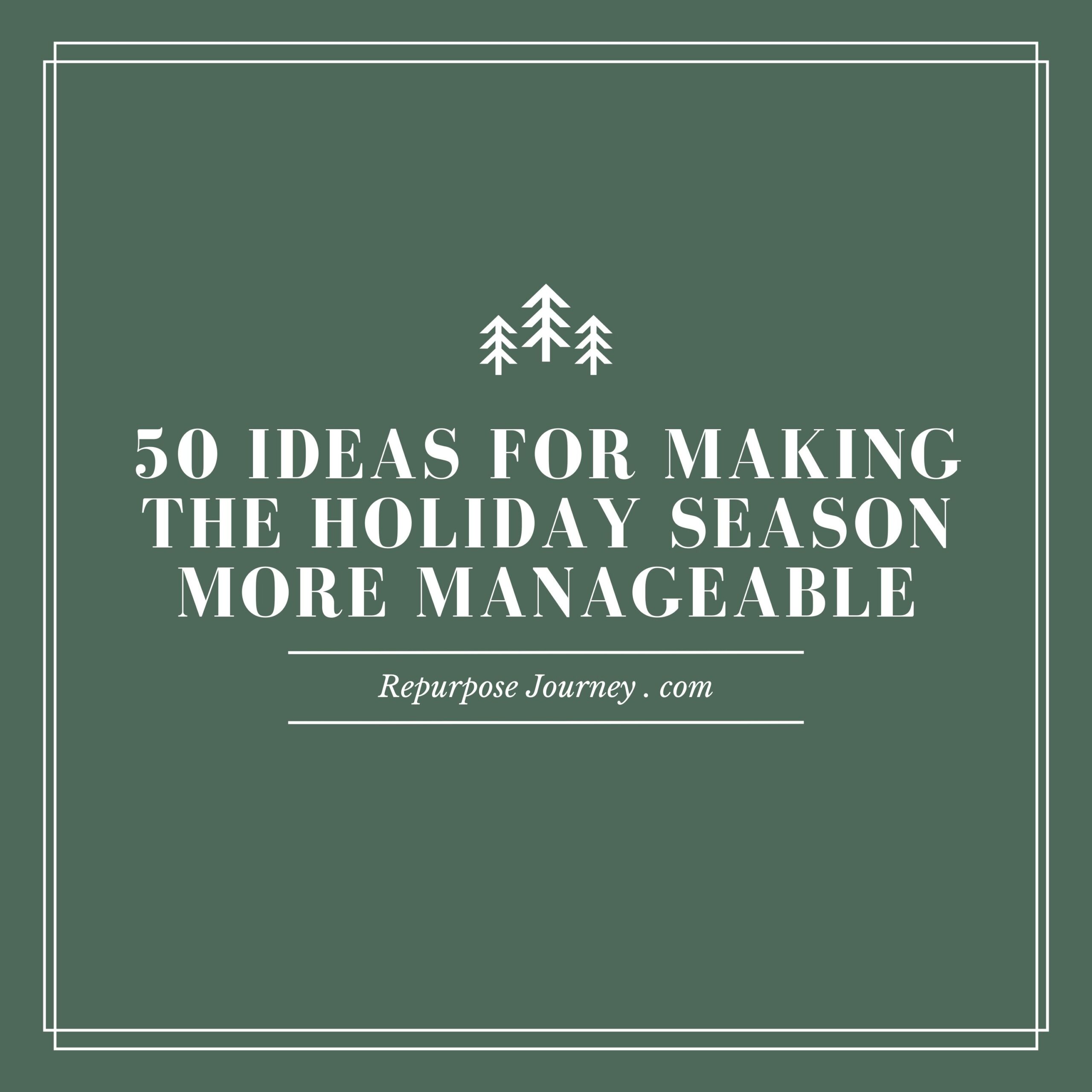These tips aim to keep you grounded and focused on what truly matters, helping reduce holiday stress whether or not you’re managing a chronic illness.
Pacing Yourself
1. Prioritize important activities: Decide what’s essential and let go of non-essential tasks to focus your energy.
2. Break tasks into smaller steps: Divide big projects, like decorating or meal prep, into manageable steps spread over several days.
3. Set daily goals: Create realistic, small goals each day instead of trying to do everything at once.
4. Schedule rest days: Build in full rest days after any big holiday activity.
5. Limit high-energy activities: Balance each high-energy event with a low-key day.
6. Delegate tasks: Enlist help with holiday cooking, shopping, or decorating to reduce your load.
7. Keep a flexible schedule: Be prepared to adjust plans if you’re feeling unwell or low on energy.
8. Use energy-conserving methods: If standing is exhausting, sit while wrapping gifts or prepping food.
9. Say no without guilt: Only attend events that truly add joy to your season.
10. Listen to your body: If you need a break, rest—even if it means pausing in the middle of a task.
11. Create a ‘must-do’ list: Only include what you can realistically handle each day.
12. Use short time blocks: Set a timer for 10–15 minutes for tasks, and rest when it goes off.
13. Break up shopping trips: If you need to shop in-store, tackle only a couple of items per trip.
14. Prioritize “down” time: Make downtime a key part of your holiday plans.
15. Limit travel distances: If you have multiple holiday gatherings, consider attending only the closest ones.
16. Take a breather: Use 5–10 minutes of quiet time to recharge throughout the day.
17. Have a set bedtime: Prioritize sleep for energy and mood.
18. Limit alcohol and sugar: Both can deplete energy, so consume mindfully.
19. Create a cozy holiday space at home: That way, you can enjoy the season without going out for every event.
20. Use online shopping: Order gifts, groceries, and other essentials online to save energy.
21. Plan quiet nights in: Watch a holiday movie, read, or enjoy a simple meal at home as a break from busier days.
22. Batch-cook meals: Prepare meals in advance to enjoy low-stress dinners on busy days.
23. Accept imperfections: Things don’t have to be perfect to be special; give yourself permission to keep it simple.
24. Adjust meal expectations: Consider hosting a potluck instead of doing all the cooking yourself.
25. Limit decorating: Choose a few favorite decorations rather than decking every corner of your home.
Setting Boundaries
26. Communicate boundaries early: Let friends and family know if you’ll need to limit your time at gatherings or attend fewer events.
27. Limit the number of gatherings: Choose only a few events you want to attend rather than overextending yourself.
28. Set time limits on visits: Plan to stay for just an hour or two at events to preserve your energy.
29. Use a code word with a friend: If you’re attending an event with someone who understands your needs, have a signal for when you need to leave or take a break.
30. Politely decline some invitations: Let people know you won’t be able to attend every holiday event.
31. Stick to a holiday budget: Financial stress can add to holiday anxiety, so decide ahead on a spending limit.
32. Avoid long trips if possible: If traveling long distances is tiring, stay local or make shorter visits.
33. Set boundaries with holiday tasks: Don’t take on additional responsibilities, like organizing events or gift exchanges, unless you really want to.
34. Limit social media time: Comparison can increase stress, so consider stepping back from social media during the holidays.
35. Communicate with loved ones about health needs: Let family know if you’ll need breaks, or if you have dietary or physical limitations.
36. Keep a “graceful exit” plan: Know how you’ll politely exit a gathering if you feel unwell or overwhelmed.
37. Protect your “quiet time”: Explain to family that you need quiet time for self-care and won’t be available 24/7.
38. Set limits on gift-giving: Agree with family or friends to keep gifts simple, or consider doing a Secret Santa.
39. Take social breaks: If a gathering is too stimulating, find a quiet spot to sit alone for a few minutes.
40. Prioritize self-care over holiday obligations: Remember, your well-being comes first.
41. Use polite phrases: Have a few phrases ready to set boundaries kindly, like “I’d love to, but I need to rest after a busy week.”
42. Set time limits with guests: If hosting, let people know the event’s end time to keep it manageable.
43. Avoid last-minute commitments: Politely decline spontaneous invitations if they would stretch you too thin.
44. Limit gift exchanges to close family and friends: Avoid participating in every exchange to save time and money.
45. Don’t feel obligated to maintain every tradition: If certain traditions feel too draining, it’s okay to take a break from them.
Planning Ahead
46. Create a realistic holiday budget: Set a spending plan early and stick to it, to avoid financial stress.
47. Map out a weekly calendar: Spread out tasks like shopping, cooking, and decorating over several weeks.
48. Start shopping early: Shop a little each week instead of doing it all at once.
49. Prepare meals in advance: Cook and freeze meals so you have easy options on busy days.
50. Make a “holiday essentials” checklist: Keep track of essentials like gifts, groceries, and decorations to avoid last-minute trips.
By pacing yourself, setting healthy boundaries, and planning ahead, you can create a holiday season that’s full of joy and peace instead of stress. Embrace the power of saying no, choose simplicity, and remember that rest is just as much a part of the season as celebration.



